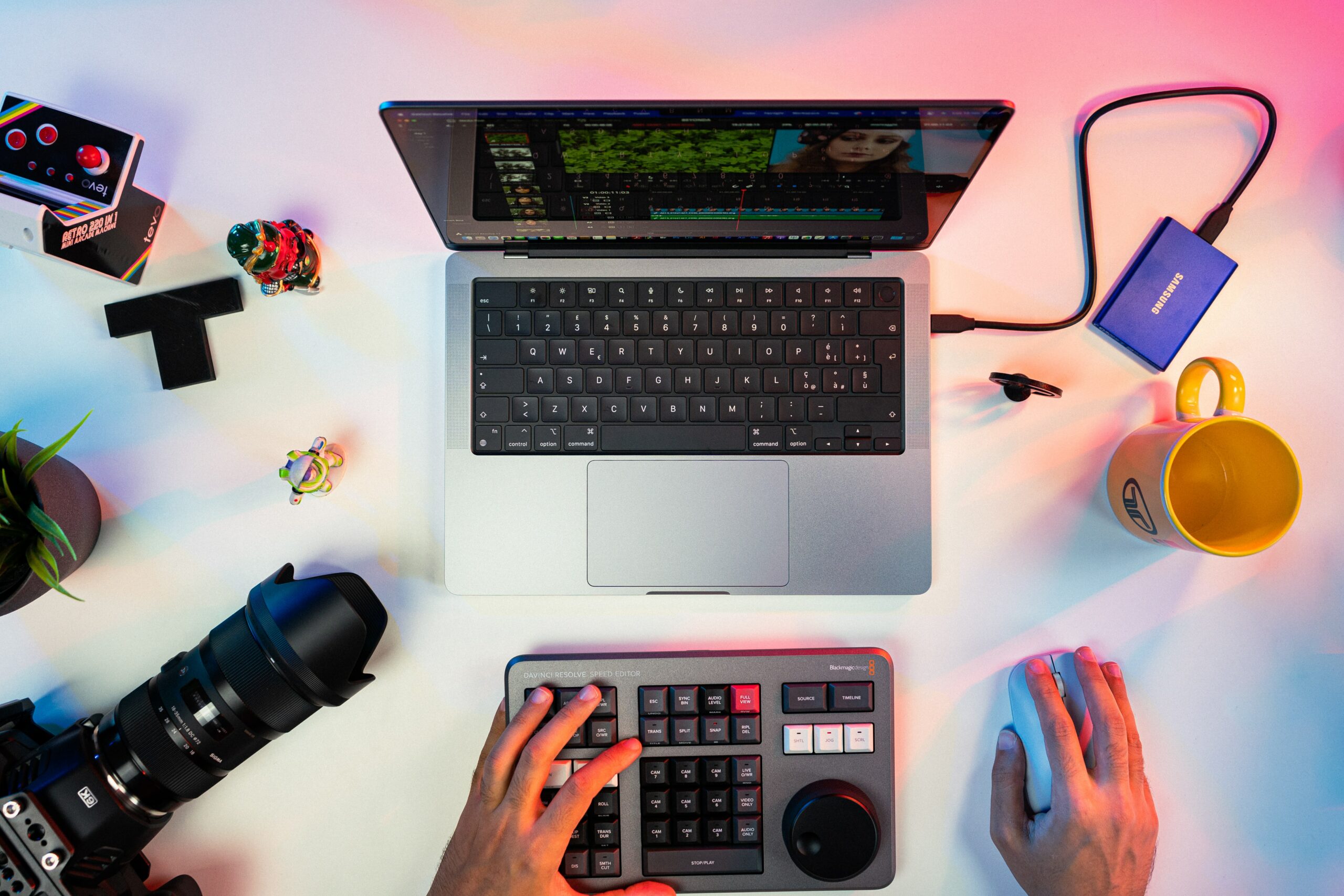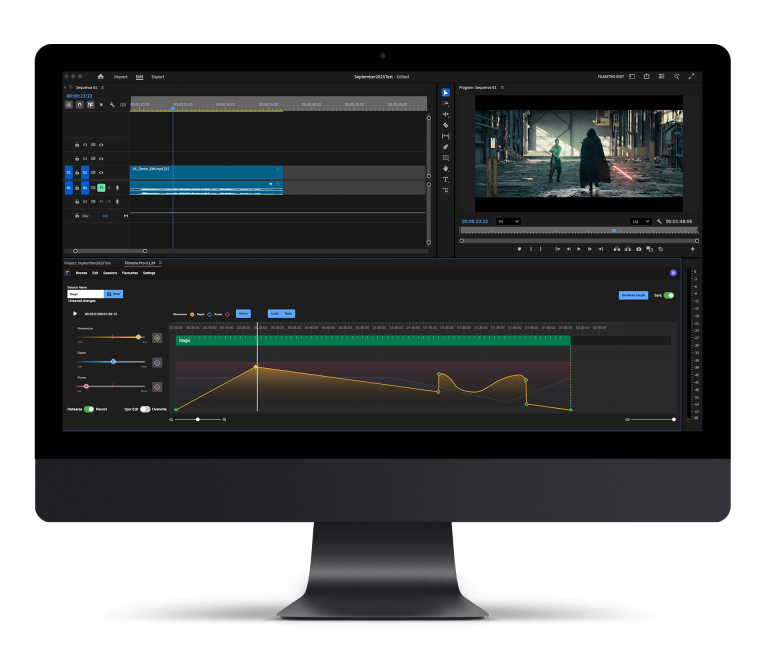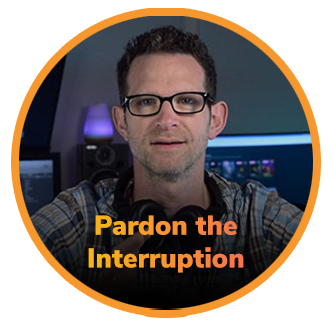Indie Artists and composers from all over the world are monetising their music on Filmstro. Here’s how you can monetise your music too!
In this article we want to dig into how much money musicians really do make from writing for production music libraries (aka music libraries). We’ll bust a couple of myths and explain what it takes to get regular income from your music.
To do so we’ve spoken to a lot of music producers, composers and indie artists about their experiences with several music libraries. We’ve also asked them some very personal questions about how much money they make. So, here’s our scoop and a reality check about how to monetise your music in the ever changing landscape of the creative media landscape of the 21st century.
Some popular music industry terms explained before we start.
The myth busting starts right here. If you’re a seasoned pro and know how the music industry works then skip these 7 points and get right down to the rest of the article. However, if you’re just starting out then we seriously recommend getting to grips with the points below before reading on. So, here are some phrases that come up time and again when talking to musicians and music libraries. We want to explain these right off the bat for you.
1. PRO (Performing Rights Society): This is an entity with whom you can register your music so that any broadcast royalties that may be owed due to the commercial exploitation of your music can be collected and a portion paid to you.
2. Writer’s share & Publisher’s share: These are the two main portions of your music from a royalty point of view. The writer’s share is the portion of royalty income you receive if you’ve registered your music with a PRO, and the publishing share is the chunk of cash the PRO takes for being your publisher. This split is usually 50/50.
3. Sync deal / Sync fee: This is the split in revenue you receive from a music library when your music is sold to their customer(s). For example, your track is sold for $100 to a TV production company making a documentary for TV. Let’s say the split the library is offering you is 50/50, then you’ll receive $50 from the sync deal. The library receives the other $50.
4. Residuals / Back-end income: This is any money that may come your way through your writer’s share. So, in the example above, the broadcaster that broadcasts the documentary will be paying PROs in the territories in which they broadcast their TV content annual fees. The PROs around the world collect all this money and then split it among the ‘writers’ they represent. So as your track was used on a documentary that was broadcast on TV, you will eventually receive a small royalty (less any publishing income that the PRO takes).
5. Royalty free music: This is a misnomer. Most music libraries around the world use this term to indicate that if you’re buying music from their platform then the customer needn’t worry about royalties as all the music is ‘pre-cleared’.
However, all library music and stock music is ‘pre-cleared’ anyway, and royalties have never been paid by the ordinary customer – such as TV production companies, Ad agencies, individual filmmakers etc. etc. – so this doesn’t really make any sense. Broadcasters are the entities that pay royalties, and they pay these direct to the PROs (see above) and this money is then split amongst all writers who are represented in this way. If you as a musician aren’t represented by a PRO then you’re clearly a composer who’s never had his or her music on a project that has been broadcast and therefore you haven’t felt the need to register with a PRO. However, if you’re writing for library music and you expect that library to monetise your music through various channels, including broadcast, then you really ought to be registered. Otherwise your music is in fact genuinely royalty free as YOU won’t receive any royalties from your music!
6. Recoupable advance: This is the practice of some libraries where they pay a small amount of money in advance for the creation of music and then recoup that advance from any income you would receive through any sync deals (see above). Only once the library has made back their advance will you start to see any money.
7. Micro-payment: The method by which some platforms pay their contributors regularly instead of using auditing timeframes and only paying out once, twice or quarterly per year.
Only get paid a sync fee if your music is sold? That doesn’t seem fair.
Right, now we’ve got that out of the way: The first point we’d like to make is to raise something that isn’t mentioned much, which is that there is going to be a big difference between submitting your music to a music library that has 500,000 tracks – think Universal for example – compared to submitting your music to a music library that has only a few thousand tracks. If you opt to work with a library that is still young but gaining ground, then you might be pleasantly surprised at how many sync deals you’re picking up.
The challenge of submitting music to libraries in general is that it’s a volume business. The reason for this is that libraries tend only to pay you money once they have sold your track. Think of them as shops that don’t actually have a cost of sale. Instead they ask you, the supplier, to give them their goods (your music) for free and then only WHEN they sell your music do you receive a sync fee. Not really that cool when you think about it. That would be like a shop not paying its suppliers for the items that they’re retailing and only giving the supplier a percentage once that item is sold.
We make no secret of disliking that element of the production music industry and the rise and rise of the middle-man ‘platform’!
Broadcast or online? Content consumption is changing the landscape for everyone.
If you’ve managed to get your music accepted by a premier library then congrats! If your music is placed here, there is a high chance that WHEN it is used, it will be used for broadcast which means your residuals will be great and you’ll see some really nice back-end income.
Your music is now available alongside industry legends like Hans Zimmer and Quincey Jones and from a kudos point of view you have landed. Even A-listers have embraced production music as the era of high-end broadcast TV and cinema only working with commissioned composers is over.
Everyone and anyone now licenses production music for most projects on earth, including blockbuster movies, games and trailers. That’s not to say that composing music for picture is dead… far from it. It’s just that production music comes in many flavours and there is a ‘high-end’ and a more ‘low-end’ to this industry. However, this is still a volume business so only one track or one album in a library, no matter how high-end, is not going to cut it for you if you want to see a sensible return on your time crafting your music.
Creative freedom vs album briefs.
The next point to consider is whether your relationship with a library is such that you can focus on the music you’re good at and enjoy writing. Too often composers feel compelled to accept any brief that is sent their way from the library music team so that they get enough tracks submitted. There are two things wrong with this process.
One, you often write stuff that you’re not brilliant at which then means you may not ‘wow’ the clients using the library. If there’s a search function that lets users hear more of your stuff, or filter by composer, then this could damage you as you’re only as good as your worst track!
Second, it’s not that fun for you either. Instead of honing your skills and getting better at crafting your unique sound and achieving a level of mastery in your strong genre(s) you’re spending time turning out mediocre content and not enjoying the process.
Quality controlled library vs open platform.
Something else to consider is whether you’re writing for a library that has an element of curation as part of their quality control. If you’re submitting tracks onto a platform where you have your own account and you can literally upload what you like, then there’s no surprise that those platforms aren’t so popular as other people are uploading fart sounds, bad music and just flooding the platform with mediocre content.
By contrast, ‘proper’ libraries often have in-house music supervisors who spend time curating playlists, working with composers and ensuring that the quality is good overall.
So, what is the average income per soundtrack that a composer makes from a music library?
Well done for getting this far and bearing with us while we considered the factors above to give a balanced view overall. This was important for us to lay out, because the magic number for us basically takes into account what we’ve said above and produces an average income per track, per year. That’s irrespective of what library you’ve placed your music with, but it does assume a volume approach. So, this number is only true if you’ve written upwards of several dozen tracks and got them out there!
So, we’ve crunched it all down to give you just one metric. How much will each track of yours that you write make you every, single, year?
And the answer is: £100 ($130).
I’ve got 100 tracks placed in libraries but why am I not seeing £10,000 per year?
Ok, so there is just one more caveat, and let’s be brutal at this point: Remember the point above about curated vs online platform? Well, just because you’ve managed to place music into an online distribution platform doesn’t mean people are going to buy your music. Because there’s no quality control, your music doesn’t even have to be good to get onto these platforms. We’re not saying you’re rubbish, but if you’re literally not making any money, then you’re going to have to face the possibility that your music isn’t in line with the needs of that platform’s end users. Or because there is so much content, your tracks aren’t getting the right visibility they deserve. While it’s true that in many walks of life perseverance and grit is sufficient for success, in the creative media industry talent does unfortunately come into it as well!
Case study.
Let’s hear directly from brand new talent Oli Harper who has just released his first track ‘Moments Like This’ and has also placed it with Filmstro to create an adaptive version:
“Moments like this’ is the first track I have produced in my own name and I have been blown away by the way it has been received. It is the result of a lot of hard work and I’m very proud of the result. I started by writing it on the piano and then quickly moved to producing the full track in Logic, starting with the drums and back bone and slowly adding more details as the track progressed. In this track I also played the live guitar and worked with a great singer for the vocals. I always use live instruments whenever possible and was feeling really inspired by it for this track. I want to give people the opportunity to be creative with my track and Filmstro is the perfect place for this. Also, it’s great that I can rely on Filmstro making regular monthly payments to me for my music. It helps take the guesswork out of monetising my music.”
If you want to see how we’ve taken it for a spin, check out this video:
The digested read:
1 – Sit down and write music regularly.
2 – Get it out to small libraries that offer good deals.
3 – Make sure you’re writing stuff that you’re proud of.
4 – Look for libraries that curate their content and build up a relationship with them.
5 – Consider a library/platform that pays regular micro-payments.
6 – If no library accepts your music then be brutally honest with yourself…. Maybe music isn’t your calling after all.
If you love crafting beautiful music like Oli Harper and other Filmstro composers, and you’d like to learn more about writing for Filmstro too please get in touch via our composer page.









